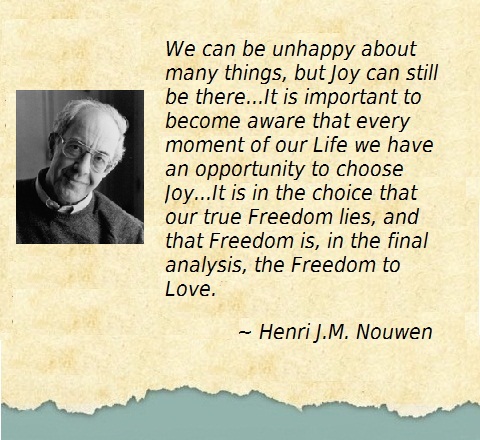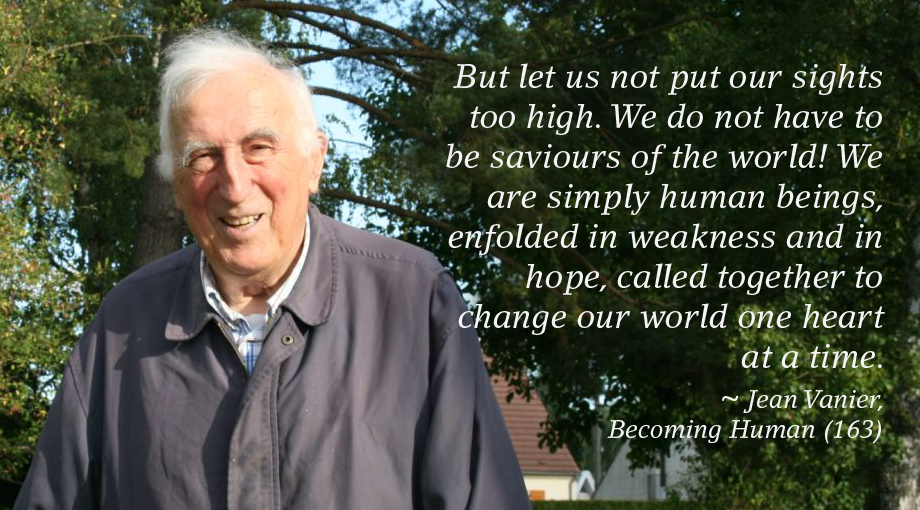
The last entry looked at how we as humans can use strength and weakness to live with others. Becoming human is a struggle of finding your strength in weakness. For the following entry I would like to look at belonging and what it means to belong. Living in Canada this can be a difficult task because of the multicultural environment we find ourselves living in. Toronto is culturally the most diverse city in the world. What does it mean to belong?
Belonging, like anything else, can be a place of opening up as well as a place of closing in. It is a place where we discover what makes our humanity. Family, language, humanhood, culture, food, communication, love and respect for others sums up this notion of belonging. If we accept this then we must accept that at the heart of belonging, is the fact that, we have received our existence from others and need to grow and develop as individuals, physically, psychologically, and humanly.
Let's use the example of a child to see how a child can become a product of the society that we build around ourselves. Belonging is not an individual act but involves an entire group. The child goes to school, shares in the life of the community, and discovers a wider sense of belonging with others from the same city, region, country, religion, language and culture. Sometimes the child meets people who are different, strangers, people with disabilities, immigrants, people from different religious backgrounds etc. The child will quickly pick up, through the adults attitude whether such people are to be accepted and loved or ignored, or even ostracized because they do not belong. And so from a young age we learn, without realizing it, that those who are different, those who standout, are either acceptable or dangerous.
When a child acquires a language and learns how to relate to adults, to friends, to God, when he learns the customs and values that have been taught to him through his culture, how to deal with death, pain, sorrow, he cannot but think that what he has been taught is the only way of being and living. As children we learn that there is a right way and a wrong way of doing everything. We do not ask questions instead, we obey. As we grow to adulthood we begin to questions the values learned during our childhood. This is why many adults and youth go through a crisis of faith and of trust. Belonging begins from day one. We must constantly seek to grow our humanity by accepting everyone as a human being. "Differences" should never be a factor in accepting others. Let us cultivate a society that nurtures the ideals of love and acceptance no matter how one looks, talks, or eats. To be a human is to belong and to belong is to love all without any pretext or conditions. Love is at the heart of belonging and once we belong to a community we learn to love unconditionally.

